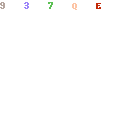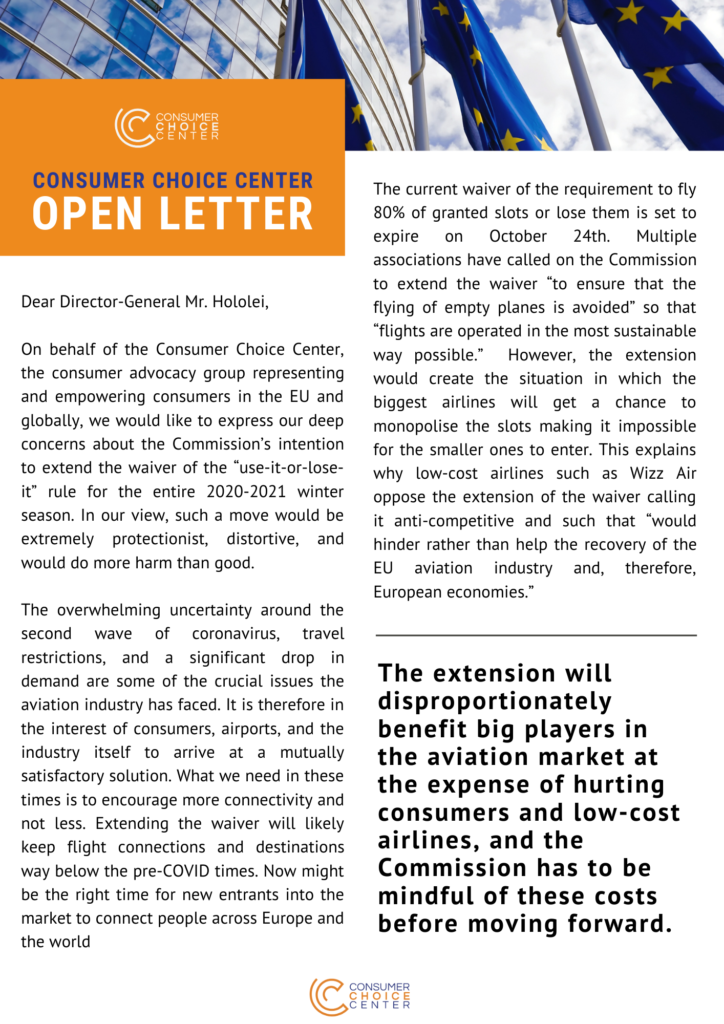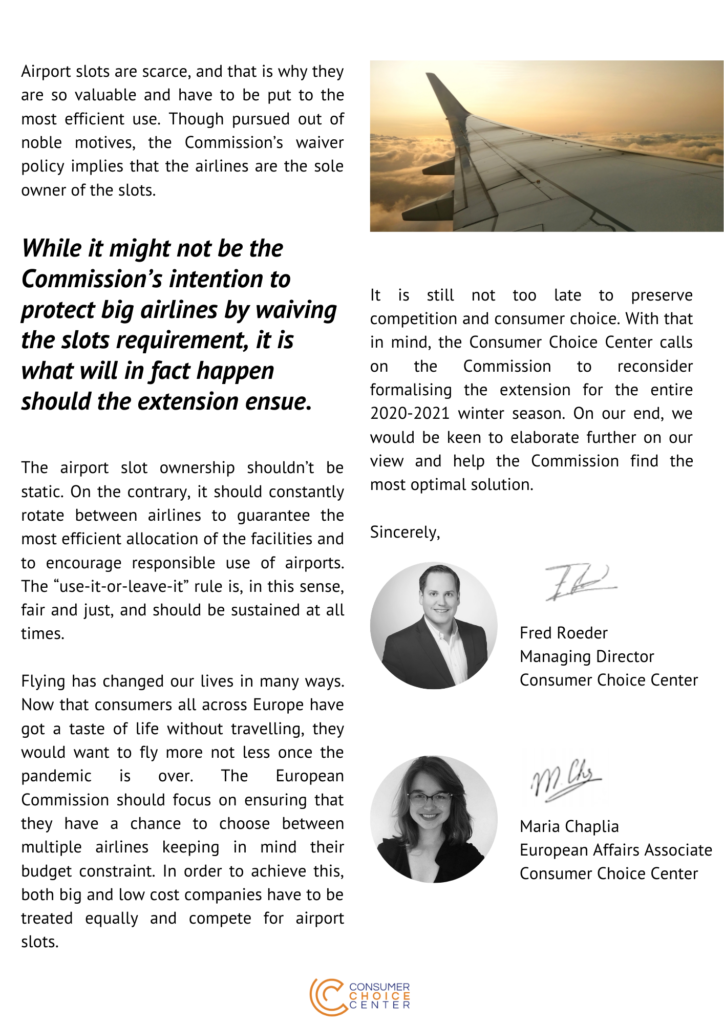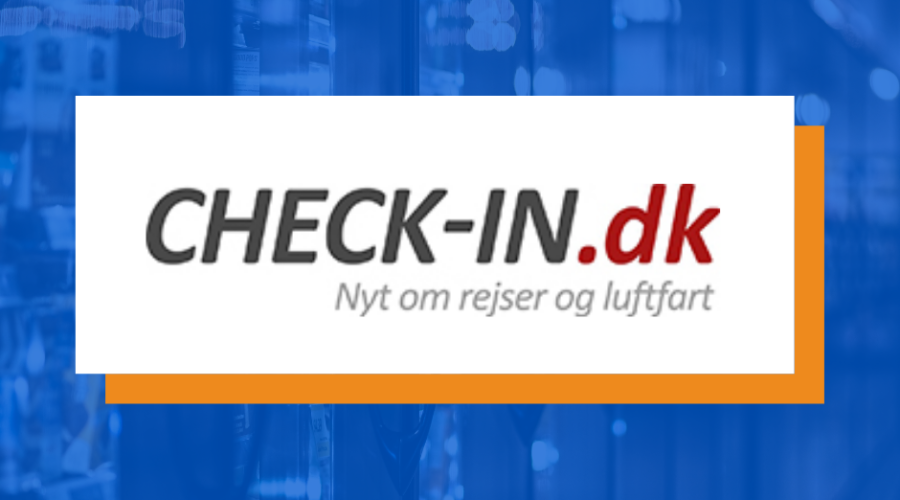Pasaran gelap ancam pengguna, ekonomi Malaysia
KUALA LUMPUR – Perdagangan haram atau pasaran gelap adalah ancaman besar dan semakin meruncing terhadap rakyat Malaysia apabila kerajaan dan perniagaan sah dilemahkan manakala pengguna pula terdedah kepada produk yang tidak bermutu dan tidak terkawal.
Sebuah kumpulan advokasi pengguna multinasional, Customer Choice Centre (CCC) dalam satu kenyataan hari ini berkata, pasaran gelap global bukan sahaja luas tetapi pesat pertumbuhannya.
Pengarah Urusan CCC, Fred Roeder berkata, ini kerana dagangan haram yang dijalankan oleh kumpulan jenayah terancang transnasional adalah satu permasalahan bernilai AS$870 bilion atau RM3.6 trilion.
Beliau berkata, adalah penting untuk ditegaskan bahawa di peringkat global, pasaran gelap rokok adalah lebih tinggi daripada segi nilai berbanding dagangan haram minyak, haiwan liar, kayu balak, karya kesenian, benda kebudayaan dan berlian disatukan.
“Ini menjadikan apa yang berlaku di Malaysia lebih meruncing kerana rokok seludup kini menguasai 62 peratus jumlah keseluruhan rokok sah yang dijual, menjadikan Malaysia pasaran No.1 di dunia bagi pasaran gelap.
“Sememangnya, permasalahan akut ini telah dan sentiasa akan berterusan mengakibatkan kelembapan ekonomi dan menjejaskan pengguna kebanyakannya,” kata Roeder.
Kenyataan itu dikeluarkan sempena kertas polisi yang baru sahaja dilancarkannya, Illicit Trade is Dangerous for Consumers (Dagangan Haram Adalah Berbahaya Kepada Pengguna).
Menurut kertas polisi CCC, pasaran gelap rokok merosakkan kesihatan orang awam dan telah terbukti menjadi dana membiayai kumpulan jenayah terancang.
Selain itu, pasaran gelap rokok menyasarkan kepada kumpulan paling terdedah di dalam masyarakat, sementara pengguna paling teruk terkena impak disebabkan rokok seludup dikilangkan di dalam persekitaran tidak selamat dan menggunakan produk tidak bersih.
Kertas polisi ini juga menggariskan bahawa peruncit kecil menanggung kerugian besar akibat pasaran gelap rokok kerana bukan sahaja mereka kehilangan jualan rokok sah, tetapi juga barangan lain yang biasanya perokok dewasa beli semasa mereka di dalam kedai.
Roeder berkata, dalam usaha menangani pasaran gelap rokok, kerajaan Malaysia hendaklah mengkaji kepada saranan menyederhanakan dasar cukai untuk memastikan regim cukai tidak mewujudkan permintaan terhadap alternatif haram yang lebih berbahaya.
Pada masa sama, katanya, kerajaan harus meningkatkan hukuman denda sedia ada ke atas pesalah pasaran gelap dan menguatkuasakan denda-denda tersebut dengan tegas.
“Situasi pasaran gelap di peringkat global dan di Malaysia dijangka memburuk kerana pengguna beralih kepada alternatif lebih murah disebabkan ketidaktentuan pekerjaan dan hasil pendapatan berkurangan akibat pandemik global Covid-19.
“Tindakan hendaklah diambil sekarang dan pada Bajet 2021 akan datang, merupakan peluang terbaik untuk Kerajaan Malaysia meletakkan langkah-langkah yang diperlukan bagi menangani masalah pasaran gelap rokok secara menyeluruh,” ujar beliau.
‘Illicit Trade is Dangerous for Consumers’ adalah kertas polisi yang ditulis oleh Luca Bertoletti dan Bill Wirtz untuk CCC dan diterbitkan di Brussels, Belgium pada Julai 2020.
CCC mewakili pengguna di lebih 100 negara di seluruh dunia. Kertas polisi ini boleh didapati di consumerchoicecenter.org
Originally published here.
The Consumer Choice Center is the consumer advocacy group supporting lifestyle freedom, innovation, privacy, science, and consumer choice. The main policy areas we focus on are digital, mobility, lifestyle & consumer goods, and health & science.
The CCC represents consumers in over 100 countries across the globe. We closely monitor regulatory trends in Ottawa, Washington, Brussels, Geneva and other hotspots of regulation and inform and activate consumers to fight for #ConsumerChoice. Learn more at consumerchoicecenter.org














